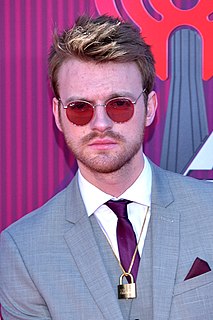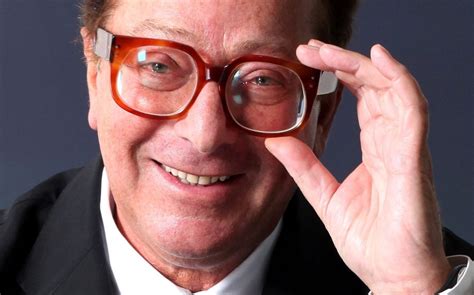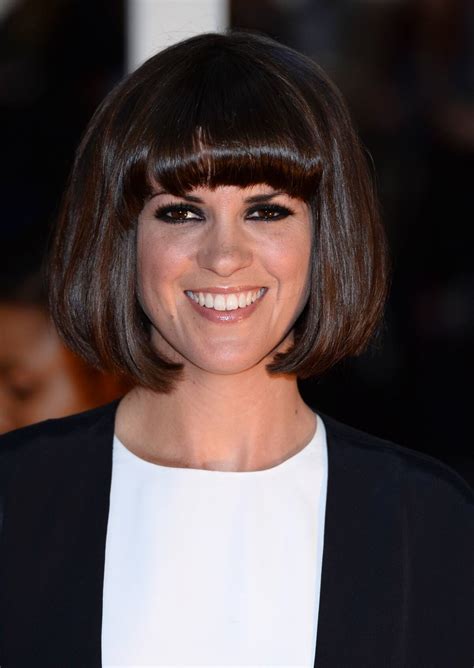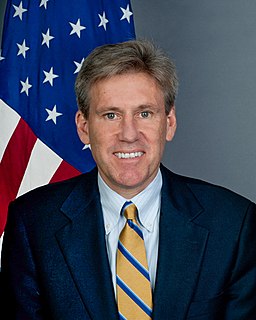A Quote by Dara Horn
Sibling relationships figure in a lot of my books. You don't often see relationships between adult siblings explored in fiction.
Related Quotes
In a lot of relationships, when you're an adult, you realize that you've actually just been repeating a pattern. When someone breaks that pattern and it makes you realize what's right or wrong about the person. When you actually have to confront it, that's probably why a lot of adult relationships don't survive.
Certainly, people can get along without siblings. Single children do, and there are people who have irreparably estranged relationships with their siblings who live full and satisfying lives, but to have siblings and not make the most of that resource is squandering one of the greatest interpersonal resources you'll ever have.
When you talk to people about the books that have meant a lot to them, it's usually books they read when they were younger because the books have this wonder in everyday things that isn't bogged down by excessively grown-up concerns or the need to be subtle or coy... when you read these books as an adult, it tends to bring back the sense of newness and discovery that I tend not to get from adult fiction.






































